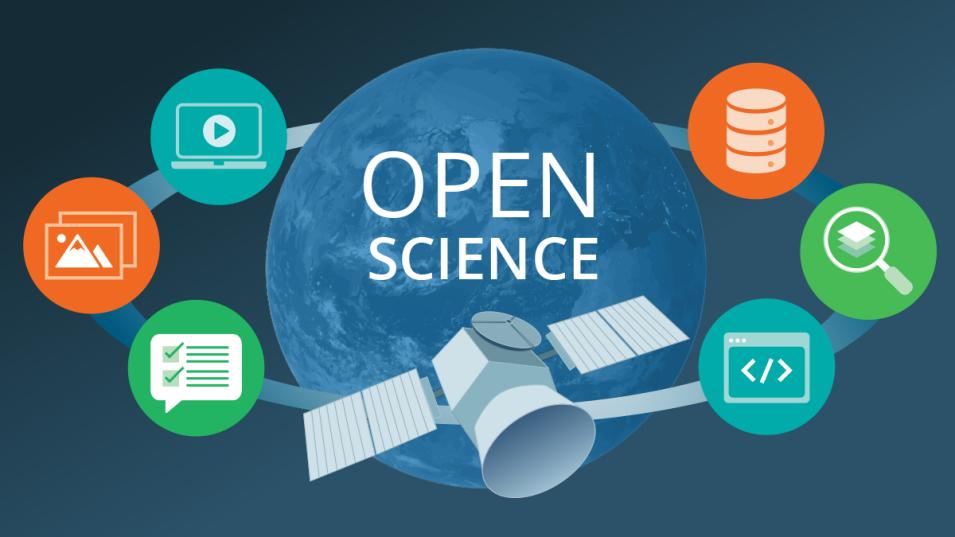Valentine’s Day means ROSES, or, as befitting a NASA acronym, the release of the annual Research Opportunities in Space and Earth Sciences (ROSES) solicitation. ROSES is an omnibus solicitation that includes many individual program elements, each with its own due dates and topics.
ROSES 2023 also includes new requirements to ensure that all data created from ROSES-funded activities are openly available and include a detailed data management plan (DMP). Going forward, these requirements will be part of all NASA funding solicitations involving data creation.
NASA’s Earth Science Division (ESD) has a long-standing commitment to the full and open sharing of data, as defined in the ESD Data and Information Policy. The principles of this policy are consistent with NASA’s recently updated Scientific Information Policy for the Science Mission Directorate (SPD-41a), which establishes specific data management responsibilities for Science Mission Directorate (SMD)-funded researchers, repositories, and missions.
SPD-41a requires that all SMD-funded scientific activities that are expected to produce scientific data shall include a data management plan (DMP) describing the management, preservation, and release of data. Starting with ROSES 2023 and continuing with future NASA awards involving data creation, a proposal DMP will be one component of a required Open Science and Data Management Plan (OSDMP). The OSDMP will describe how additional categories of scientific information (e.g., software and publications) will be managed and shared openly.
To make this process easier, NASA’s Earth Science Data Systems (ESDS) Program has updated existing Earthdata website pages and created new pages to help guide ROSES and other grantees through these new requirements:
- Engage (for information about data processes)
- Data Management Guidance for ESD-Funded Researchers
- How to Create and Maintain a Data Management Plan for Proposals
- ESDS Open Source Software Policy
- Data Management Plan Template for Data Producers (PDF)
ROSES awards range from under $100K per year for focused, limited efforts (e.g., data analysis) to more than $1M per year for extensive activities (e.g., development of hardware for science experiments or flight). Periods of performance are typically three years, but some programs may allow up to five years while others specify shorter periods. For detailed information, including submission requirements, please see the ROSES Frequently Asked Questions (FAQ) page.
